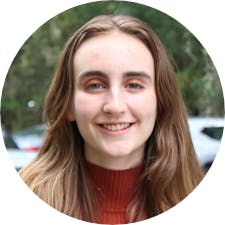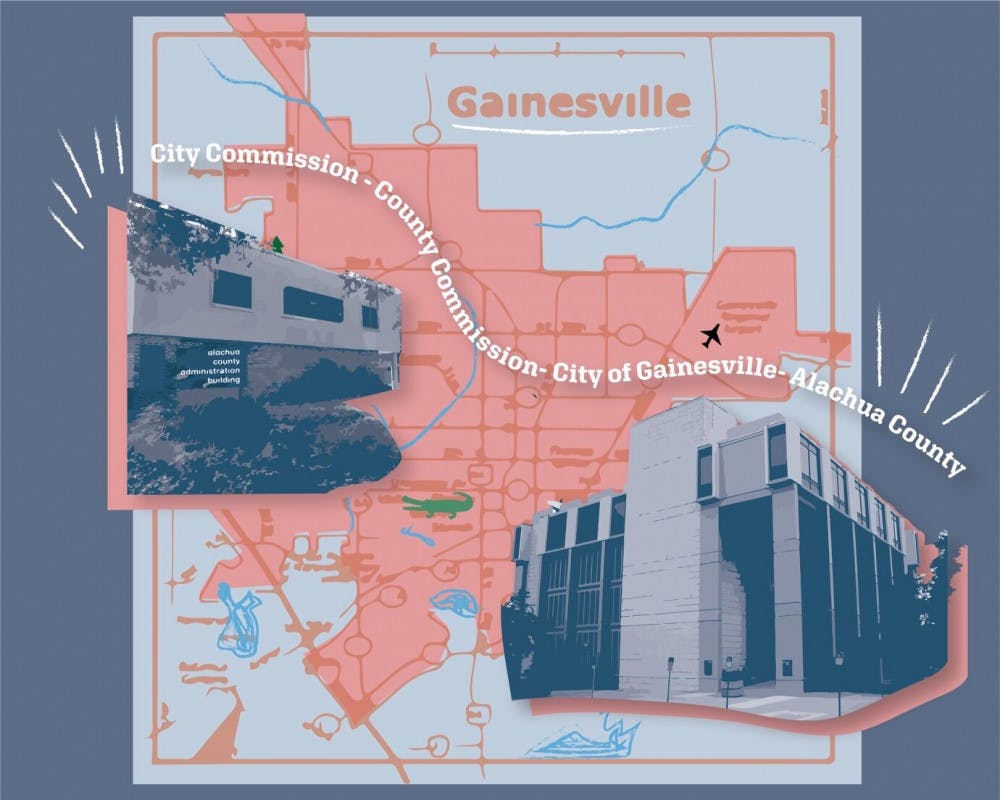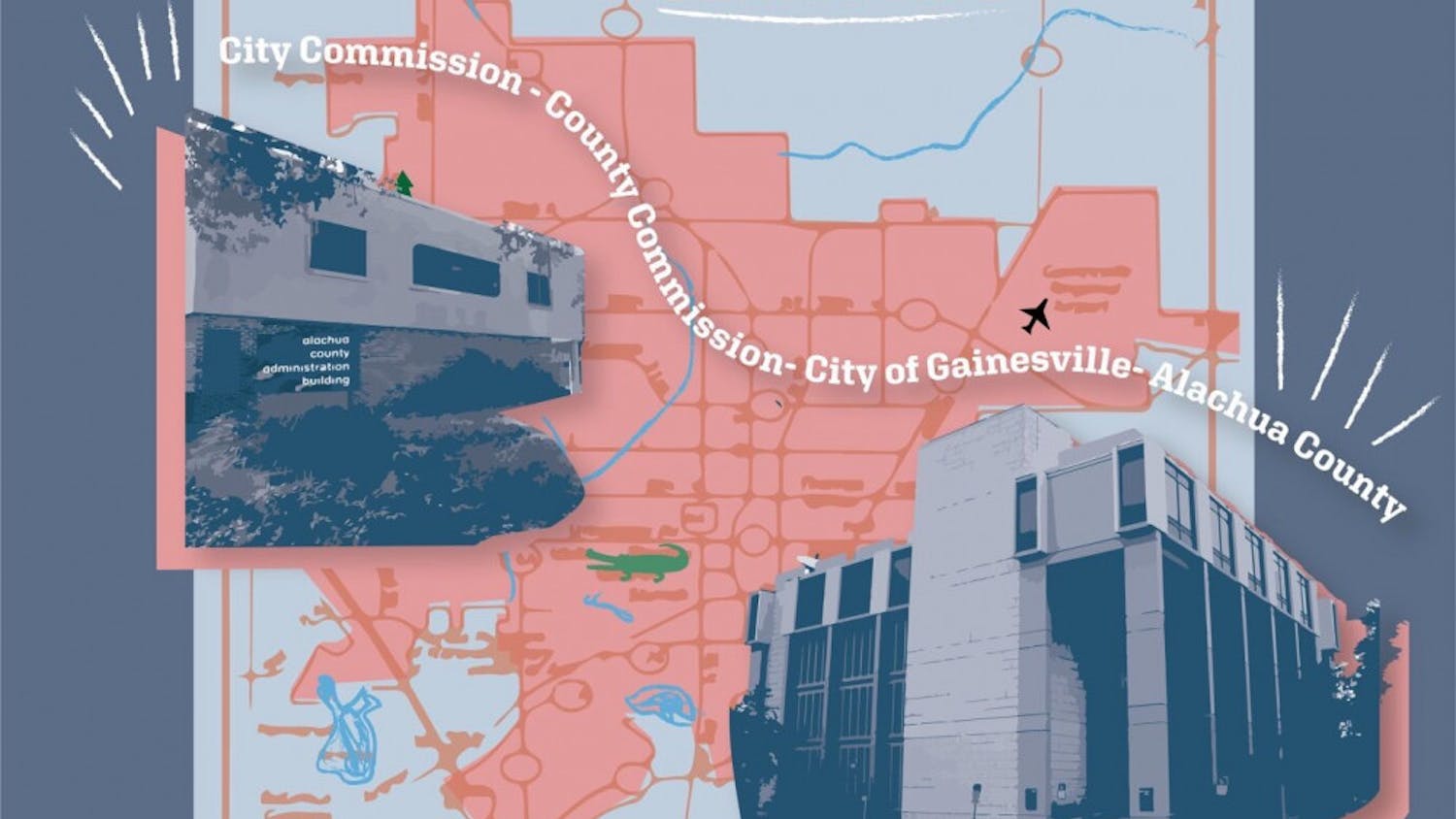The City Commission voted 4-3 to restore exclusionary zoning via three separate ordinances Wednesday night, after the previous commission eliminated it last October.
The three ordinances will completely revert the city’s zoning codes back to what they were, including four different types of single family zones, residential conservation zones, mobile home zones, multi-family zones and mixed use zones.
Previously, there was a classification called “neighborhood residential” that replaced single family zoning, making it possible for apartment complexes to be built in traditional neighborhoods. The implementation last fall proved controversial, with over 40 people speaking during public comment against the zoning changes.
While Commissioner Desmon Duncan-Walker voted in favor of the proposal, she still is open to the idea of slow, gradual changes to the zoning ordinances once the slate is clear, she said. The zoning code Gainesville uses has undergone minimal changes since the 1950s, so she said she understands why it needs to be updated.
But making broad strokes like fully eliminating exclusionary zoning isn’t the way to do it, she said.
“It’s like taking a sledgehammer to a situation where we really need to be using a scalpel,” she said. “We need to be much more intentional about the way we do things.”
The city staff recommendation Wednesday didn’t align with the intent of the commission — Department of Sustainability director Forrest Eddleton said restoring exclusionary zoning didn’t match the commission’s Comprehensive Plan, which outlined goals to increase housing in Gainesville. The plan is meant to serve as a guide for both staff and commissioners while creating policy.
But Commissioner Cynthia Chestnut still voted in favor of the proposal. At the end of the day, she said, staffers aren’t elected by residents. She is inclined to listen to the majority, she said.
Around 15 people spoke in favor of restoring exclusionary zoning during public comment, and a couple spoke against it.
“We listen to the people and we know what they’re saying,” Chestnut said. “And that is what we’re doing.”
Commissioner Ed Book also voted in favor of bringing back exclusionary zoning. He acknowledges the intent of the October changes was to make more housing available for low-income residents, he said.
But he doesn’t think eliminating exclusionary zoning is the right move to fix the city’s affordable housing problems, he said.
“This doesn’t do it,” Book said. “It doesn’t work.”
The final vote for exclusionary zoning was Mayor Harvey Ward.
Though he understands the need to return to the way things were, Ward doesn’t think the uproar surrounding the exclusionary zoning debate is warranted on either side, he said. He thinks the city should be focusing on other ways to combat the lack of affordable housing that have been proven to work.
“The research indicates that there is not a rush leading us off a cliff or building a utopia,” he said. “No matter what the change is.”
Commissioners Reina Saco, Casey Willits and Bryan Eastman voted in dissent, the same line-up from the vote to direct staff to draft the new zoning ordinances in January.
Saco has been a supporter of eliminating exclusionary zoning since last year, and it was disappointing to see the commission walk back something she considered to be an improvement, she said.
She pointed out that the majority of single family zones under exclusionary zoning are white and upper class and that the majority of Black neighborhoods in East Gainesville are already zoned for multi-family use, meaning developers can build large complexes. Restoring that zoning plan would concentrate apartment development in East Gainesville again, causing gentrification, she said.
“You will declare open season,” Saco said.
However, Duncan-Walker took issue with the concept of using Black issues to bolster the exclusionary zoning debate, she said.
She noted the majority of the Black people who spoke during public comment wanted to restore exclusionary zoning.
“It is not lost on me that we tend to invoke Black communities in situations where we’re trying to make a point,” Duncan-Walker said. “Yet we don’t listen to Black people standing right in front of us.”
Contact Siena at sduncan@alligator.org. Follow her on Twitter @SienaDuncan.

Siena Duncan is the Fall 2024 Editor-in-Chief of the Alligator. She's interned for the Salt Lake Tribune, the Tampa Bay Times and POLITICO. In her spare time, she loves to take walks to see the cows by her apartment and add more to her sketchbook.





